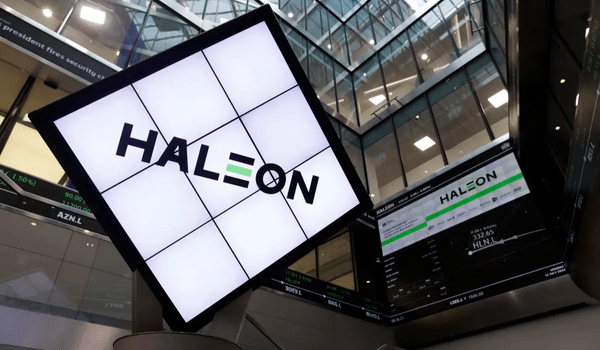Attracting quality talent has always been a challenge for companies. However, now, with the influx of opportunities in the market, the even bigger challenge is how to retain talent. Attrition rate across sectors is on the rise. A recent study by a consulting firm projects the overall attrition rate at 19 per cent in India, which is 6.9 per cent higher than the previous year.
Furthermore, sectors such as BFSI, IT & ITeS, pharma and healthcare will witness the highest attrition rate pegged at 30 to 31 per cent.
Talking to HRKatha, Priyank Parakh, director – HR, Haleon, shares that for the healthcare consumer goods company, attracting and retaining talent is very important.
Haleon, which has recently completed its demerger process from the GSK Group to form an independent firm ? and has Eno, Iodex, Otrivin, Crocin, Sensodyne and Octocalcium as part of its brand portfolio ? has a tradition of informal check-ins between managers and their employees.
With a workforce strength of more than 22,000 employees globally, Haleon encourages its managers and leaders to regularly check in with their team members and employees. These ‘check-ins’ involve discussions about career growth and where employees see themselves in the future as part of the Haleon brand. “We have been following this practice for years, and it has now become a part of our DNA,” tells Parakh.
As we all are aware, the established consumer-goods sector becomes a great option for upcoming startups in the country to attract readymade and developed talent across management functions. In their bid to scale up fast, startups have been trying to attract talent from such sectors by offering enhanced compensation.
“Good cultures are built when there is an environment of open communication, where career progression and talent get discussed”
Priyank Parakh, director – HR, Haleon
Parakh admits that this has posed a challenge for Haleon as well, for years now. He states that in organisations such as Haleon, talent processes are much evolved and robust, which makes the Company a perfect poaching ground for readymade talent that much sought after by startups.
To avoid any such instances, the practice of regular check-ins has helped the Company retain their key talent. “It has helped us avoid any surprise exits of employees,” confirms Parakh.
At Haleon, informal check-ins are not mandatory nor is there a structured process to them. They are not tracked by the organisation either. “Check-ins were simply part of the guidelines meant for all managers, and have now come to be a routine practice for them,” asserts Parakh.
Apart from acting as a tool for employee-exit signs, these informal check-ins or straight conversations help the Company build an open culture. “For us, building a healthy culture is another important focus. Good cultures are built when there is an environment of open communication, where career progression and talent get discussed,” points out Parakh.
Another advantage of such informal check-ins is that they result in building an innovative culture as new ideas are discussed during such conversations.
Capability building
Post the pandemic, skill building has been another area that Haleon has emphasised on.
Building digital skills in employees was the priority as the field force could not meet their clients and customers face to face. Therefore, it became essential to equip their field workforce with digital skills. In fact, even now, when the market has opened and people have started travelling, the field force continues to communicate with the stakeholders through digital means. “This is a form of flexibility that has been given to our field workforce,” shares Parakh.
Apart from the field force, Parakh says that digital skills were required in almost every function, right from HR to marketing. For instance, many functions in HR have been digitised at Haleon, including the payroll and grievance-handling systems. This required the HR function to get upskilled digitally.
Diversity and inclusion
Haleon has introduced a paternity-leave policy wherein male employees are also entitled to six months of paid paternity leave. “This decision was taken to create a gender-neutral environment at Haleon,” reveals Parakh.
Moreover, the firm is working on attracting more women to be part of its field workforce, as attracting female talent has remained a challenge for many consumer healthcare companies.



